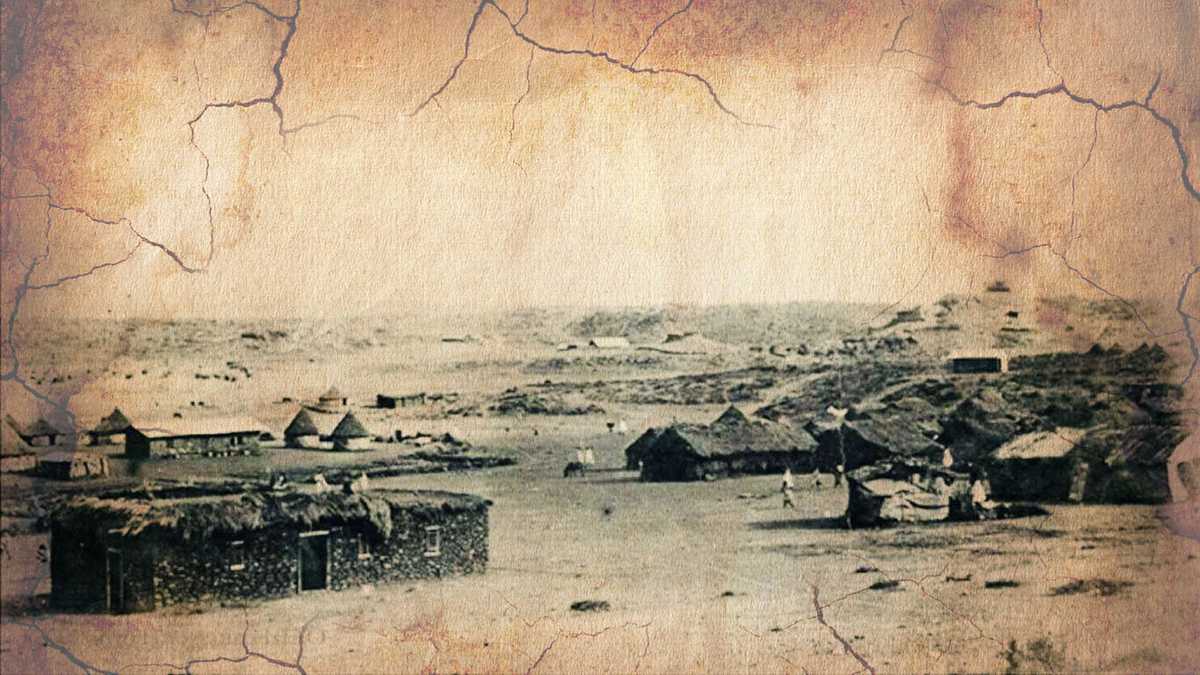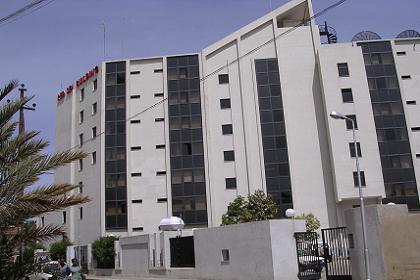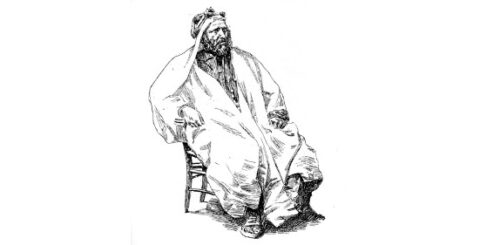

From Asmara, he devoted himself to defending the northern borders of the Ethiopian Empire against the Anglo-Egyptian forces and then the Italians who controlled the land to his east that included Red Sea coast. Later on he moved his quarters to Asmara, where he built his camp at the top of a hill in the middle of the town.

That same year, the new Ras moved his family to Adi Teklai, 20km west of Asmara. On 9 October 1876, the Emperor Yohannes IV made Alula governor of Mereb Mellash (current-day central Eritrea) with the title of Ras, Duke. Alula, having come from humble origins, had risen through the ranks using his cunning maneuvers in the Emperor’s court and demonstrating his military acumen in battle, such as those fought at Gundet and Gura’e in November 1875 and March 1876 respectively, where he routed the Egyptian forces. Ras Alula's legacy as a brilliant military leader places him with the greatest of African generals, second only to Hannibal.With the failed campaign of Ras Barya’u at Bet Meka’e, having failed to control Raesi Woldemichael’s revolt in the central highlands of Eritrea, Emperor Yohannes IV of Ethiopia promoted Shalleqa (equivalent to battalion commander ) Alula to Ras (equivalent to Duke) and sent him to deal with the rebelling aristocrat, who fled to Bogos, northern highlands of current-day Eritrea. Under Alula's leadership, Ethiopia expelled the invader and secured her status as the only nation in Africa to remain completely sovereign and autonomous from European rule.

Ras Alula's greatest moment came at the Battle of Adwa in 1896, where the Ethiopians, who were the most united in defense of their country against a common enemy as had ever been the case in their history, defeated Italian forces intent on subjugating Ethiopia into their empire. His army scored impressive victories at Kufit, Dogali, and Gallabat as Ethiopia fought to remain independent of European colonial powers. In time he was promoted to the rank of general, given the title of Ras ("head"), and commissioned with ensuring Ethiopian sovereignty in the Horn of Africa by warding off encroaching Mahdist, Italian, and Anglo-Egyptian armies as the European "Scramble for Africa" got underway.ĭespite many aristocrats' resentment at the young Alula's favor with the emperor, the new general proved his worth. Alula climbed the ranks of the feudal hierarchy and gained favor with the Emperor Yohannes with his magnanimous personality. These people were simply going to a wedding ceremony, but they replied, "We're going to the castle of Ras Alula," poking fun at the ambitious youngster.įrom that day forward, he was known as Ras Alula, and soon he proved worthy of that nickname.

He barred their way and demanded to know where they were going. Image credit: Ras Alula Abba NegaĪlula Abba Nega, born to peasant parents in the northern region of Tigray, rose to become one of Ethiopia's most renowned generals and politicians and a great national hero.Īs a child, Alula showed his promise in this anecdote: one day, Alula and his group of friends came across a group of people on the road.


 0 kommentar(er)
0 kommentar(er)
